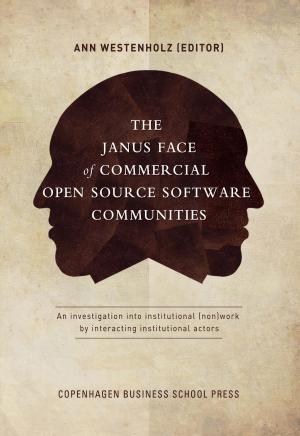Fifteen years ago software was primarily developed either within an organizational field of voluntary open source software communities or within an organizational field of commercial companies. Within the organizational field of open source software, participants looked upon themselves as programmers and users modifying and sharing codes, making them available to everyone for free. Within the field of commercial companies, managers and employees perceived software as a commodity that could be bought and sold, and the development of the software was wrapped in copyrights and licenses. Today, commercial companies are involved in activities within open source software communities in many different ways.
How did people start to co-operate with the enemy on software development is the leading question in the book. The answers are based on in-depth studies of three empirical cases showing different variations of successful co-operation. In all three cases the development has raised serious identity questions like: Who am I? Who are my friends and enemies? And what is the right thing for me to do in the future?
The book is for everyone interested in software development and/or open innovation processes and will be of particular interest for organizational scholars as it draws heavily on sociological concepts like institutional logics, institutional work and institutional actors.



